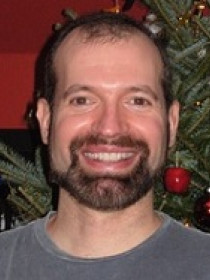
Benjamin Justice
Connect with Benjamin
About Benjamin
Justice is an historian of education. He is interested in educational institutions and processes at a variety of levels and in various time periods, focusing on how public institutions both enhance and limit personal freedom and the common good. His three primary areas of focus include criminal justice institutions, religion, and education in the context of empire. Justice coordinates the Social Studies Education Program at Rutgers University, training future public school teachers and administrators. He is also active in doctoral training programs at Rutgers in the Graduate School of Education of the Graduate School of Arts and Sciences.
Contributions
How America's Criminal Justice System Educates Citizens
Publications
Attempts to reconcile disparate realms of social research that address the question: how do states make citizens? Begins by developing a mainstream conception of curriculum theory. Compares and contrasts social science traditions that engage questions related to the state's role in civic identity formation. Offers a case study on New York City's controversial policing strategy known as Stop, Question, and Frisk. Explores how curriculum theory can be a useful framework for understanding the educational features of a distinct social policy.
Uses the takeover and plundering of a public school district by Hasidic Jews in New York State as a case study.
Discusses the divisive rhetoric of President Donald Trump and the challenges created for teachers covering the presidential primaries in class.